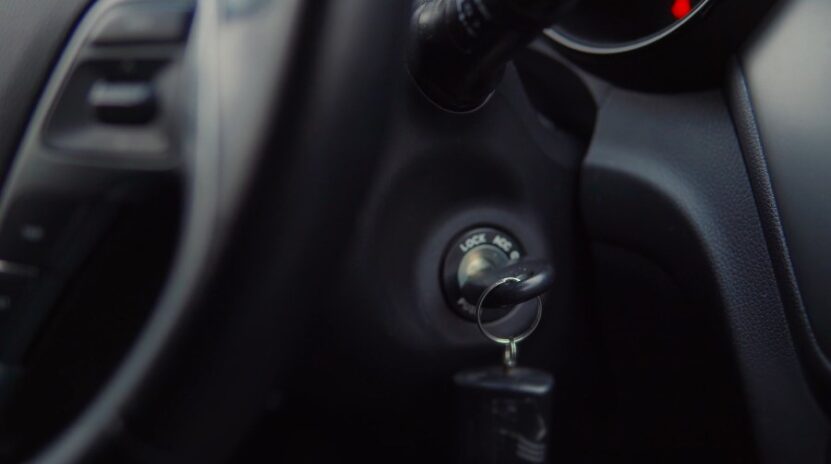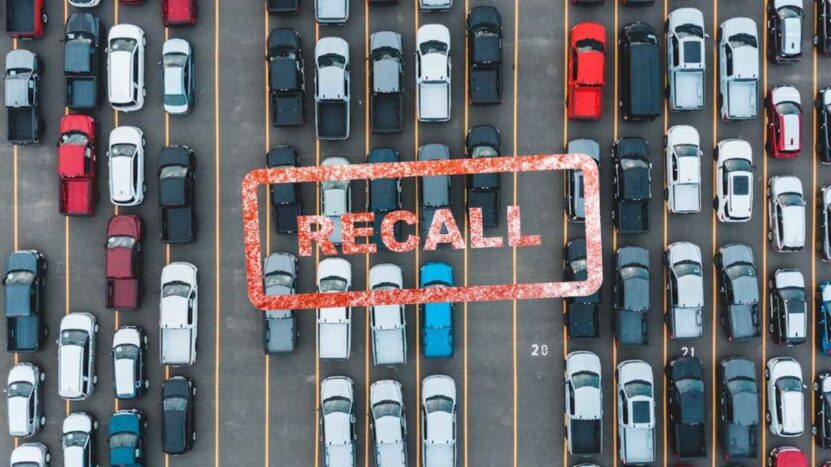
Share Post:
Vehicle recalls are a serious issue, and being unaware of an unresolved recall can put you and your passengers at risk.
Whether it’s a faulty airbag, defective brakes, or any other safety concern, it’s crucial to stay informed and take action promptly.
Fortunately, the National Highway Traffic Safety Administration (NHTSA) provides a Vehicle Identification Number (VIN) search tool that allows you to quickly determine whether your car has an unresolved safety recall.
Table of Contents
ToggleHow to Find Your VIN
The Vehicle Identification Number (VIN) is a unique 17-character code that identifies your vehicle. You can find your VIN in several places, including:
- Dashboard: Look at the lower left of your car’s windshield.
- Driver’s Side Door Frame: Open the door and look at the frame near the latch.
- Vehicle Registration Card: Your VIN is listed on your registration paperwork.
- Insurance Card: Check your insurance documents for the VIN.
Once you have located your VIN, you’re ready to proceed with the recall check.
How to Use the NHTSA VIN Lookup Tool
Staying on top of vehicle recalls is essential for ensuring your car’s safety and reliability. Fortunately, the National Highway Traffic Safety Administration (NHTSA) has made it easy with its VIN Lookup Tool. This tool allows you to check if your car has any unresolved safety recalls, and using it is quick and straightforward. Below, we’ll guide you through the entire process, step by step.
Step 1: Access the VIN Lookup Tool
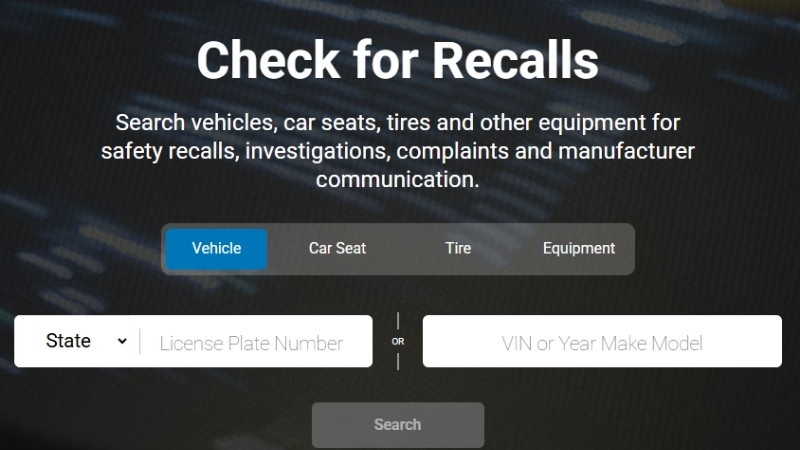
To get started, you’ll need to access the official NHTSA recall website. You can do this by visiting NHTSA Recall Lookup or by simply searching for “NHTSA VIN lookup” on your preferred search engine. Once you’re on the site, you’ll find a field where you can enter your 17-character Vehicle Identification Number (VIN).
Step 2: Locate Your VIN
Before entering your VIN, make sure you know where to find it. The VIN is a unique code assigned to every vehicle and typically contains 17 characters (letters and numbers). It serves as your car’s fingerprint and holds critical information about the manufacturer, model, and production details.
| Location | Description |
| Dashboard (Windshield) | Lower left corner, visible through the windshield. |
| Driver’s Side Door Frame | Near the latch area when the door is open. |
| Vehicle Registration Card | Printed on your official vehicle registration documents. |
| Insurance Card | Often displayed on your insurance policy or card. |
Take a moment to write down or photograph your VIN to ensure accuracy when entering it into the lookup tool.
Step 3: Enter Your VIN
Once you have your VIN handy, go back to the NHTSA website. Enter the full 17-character code into the designated field. Be cautious to enter each character correctly, as even a small mistake will result in inaccurate results.
Step 4: View Your Recall Status
After entering your VIN and selecting the correct brand (if applicable), click the “Search” button. The tool will quickly generate the results, displaying any unresolved safety recalls related to your vehicle. The results will also cover:
- Safety Recalls Conducted in the Last 15 Years: Any recall issued within this period will be displayed, provided it remains unresolved.
- Major Automakers and Motorcycle Brands: The tool covers a wide range of brands, from everyday cars to motorcycles and specialty vehicles.
- Unresolved Safety Issues: Any open recalls that have not yet been addressed.
If your vehicle has no unresolved recalls, you’ll see the message:
“0 unrepaired recalls associated with this VIN.”
This means your car is currently up-to-date with all required safety fixes.
The Results
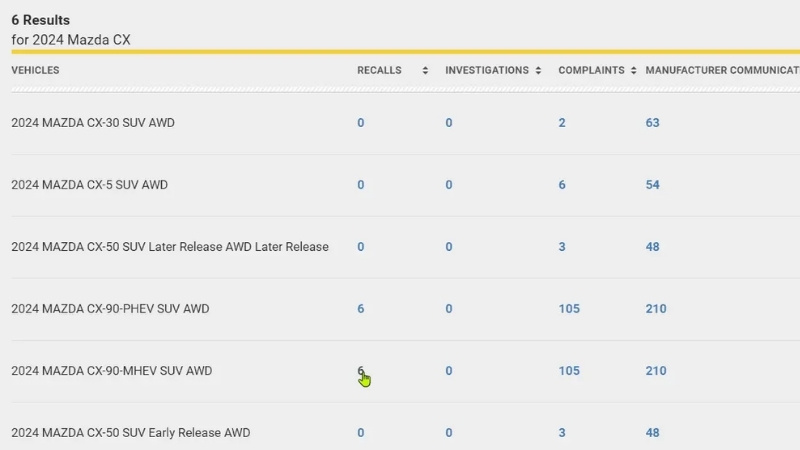
The NHTSA tool offers more than just a simple yes or no. Here’s what you can expect in the search results:
| Information Displayed | Details |
| Unresolved Safety Recalls | Identifies issues that have not been addressed or repaired. |
| Recall Description | Details on what the safety risk involves (e.g., airbag malfunction, brake issues). |
| Repair Instructions | Guides how to get the problem fixed, including the nearest authorized dealership. |
| Date of Recall | Indicates when the recall was issued to track how long it has been outstanding. |
| Manufacturer Contact Information | Directs you to contact details for the manufacturer or authorized service center for further assistance. |
Why It’s Important to Act on Recalls
Vehicle recalls are not just bureaucratic formalities—they exist to address safety defects that could potentially cause accidents, injuries, or fatalities. Ignoring a recall notice can put you and others at risk. Additionally, resolving a recall issue can help maintain the resale value of your car.
If you are involved in an accident related to a known recall issue and did not get it fixed, it could also affect your legal standing. In such cases, it’s crucial to seek professional assistance from experts like the Trapani Law Firm Services to understand your rights and responsibilities.
Available Manufacturers Supported by the NHTSA VIN Lookup Tool
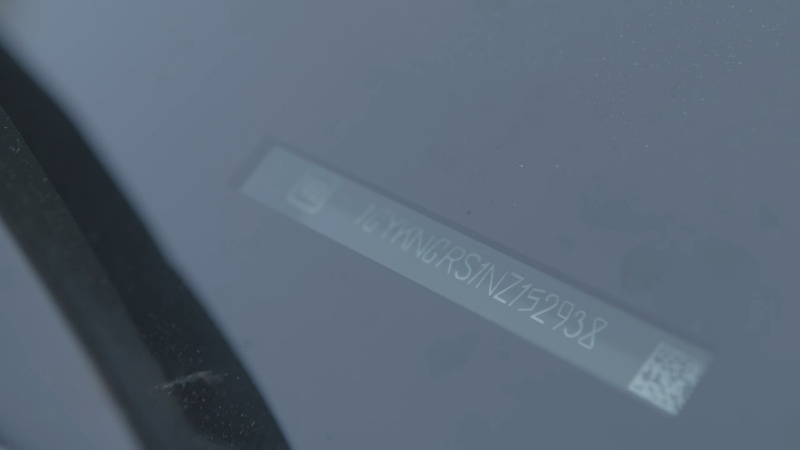
| Automobile Brands | Motorcycle Brands | Commercial and Specialty Vehicles |
| Acura | BMW Motorcycles | Freightliner |
| Audi | Ducati Motorcycles | Freightliner Sprinter |
| Bentley | Harley-Davidson | Hino |
| BMW | Honda Motorcycles | Mack Trucks |
| Buick | Kawasaki | Mercedes-Benz Sprinter |
| Cadillac | KTM Motorcycles | Navistar |
| Chevrolet | Suzuki Motorcycles | Nova Bus |
| Chrysler | Triumph | Polaris |
| Dodge | Yamaha Motorcycles | Prevost |
| Ferrari | ProMaster | |
| FIAT | Thomas Built Bus | |
| Ford | Unimog | |
| GMC | Volvo Trucks | |
| Hummer | Western Star | |
| Hyundai | ||
| Infiniti | ||
| Jaguar | ||
| Jeep | ||
| Kia | ||
| Land Rover | ||
| Lexus | ||
| Lincoln | ||
| Maserati | ||
| Mazda | ||
| Mercedes-Benz | ||
| Mercury | ||
| MINI | ||
| Mitsubishi | ||
| Nissan | ||
| Oldsmobile | ||
| Pontiac | ||
| Porsche | ||
| RAM | ||
| Rivian | ||
| Saab | ||
| Saturn | ||
| Scion | ||
| SMART | ||
| Subaru | ||
| Tesla | ||
| Toyota | ||
| Volkswagen | ||
| Volvo |
What the Search Results Show
The results from the NHTSA VIN lookup will display the following information:
- Unrepaired Recalls: Details about any unresolved safety issues.
- Recall Description: A summary of the safety problem and potential risks.
- Repair Instructions: Guidance on how to address the issue, including contact information.
- Status: Confirms whether a recall has been addressed or is still open.
What the Search Results Do Not Show:
- Already Completed Recalls: Fixed recalls are not displayed.
- Non-Safety-Related Campaigns: Manufacturer service campaigns unrelated to safety are excluded.
- License Plate Search Anomalies: Sometimes, license plate searches might show incorrect results if the DMV has not updated their records.
Alternative Search Methods
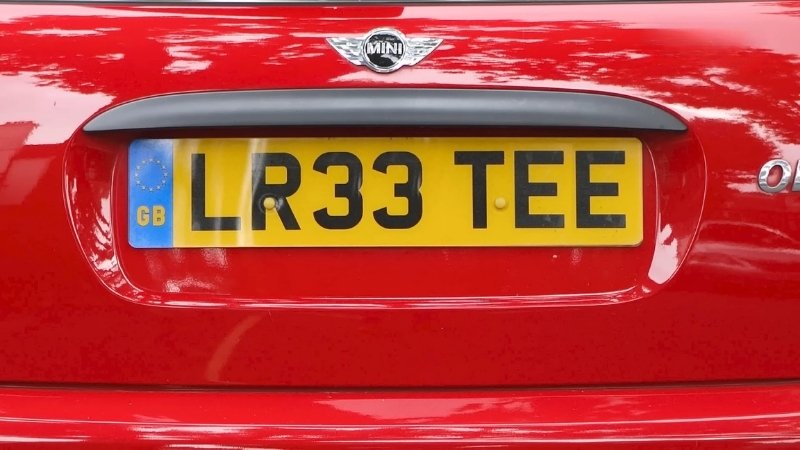
If you cannot find your VIN or encounter issues with the search, there are other ways to check recall information:
License Plate Lookup
Some services allow you to check recalls by entering your license plate number. However, the information may not always be accurate due to DMV data discrepancies.
NHTSA ID and Keyword Searches
The NHTSA database also allows searches by NHTSA ID or specific keywords related to complaints and investigations.
Final Thoughts
Your car’s safety is not something to take lightly. Using the NHTSA VIN lookup tool is quick, easy, and essential for keeping your vehicle safe and roadworthy. Whether you own a Toyota, Ford, BMW, or Harley-Davidson, unresolved recalls can significantly impact your safety and that of your passengers.
Don’t assume your car is safe just because you haven’t received a notice. Be proactive—check your VIN regularly, and stay informed about potential safety issues. Keeping your car recall-free not only ensures your safety but also preserves the resale value of your vehicle.
Take charge of your car’s safety today—check your VIN now and protect your ride from potential hazards!
Related Posts:






